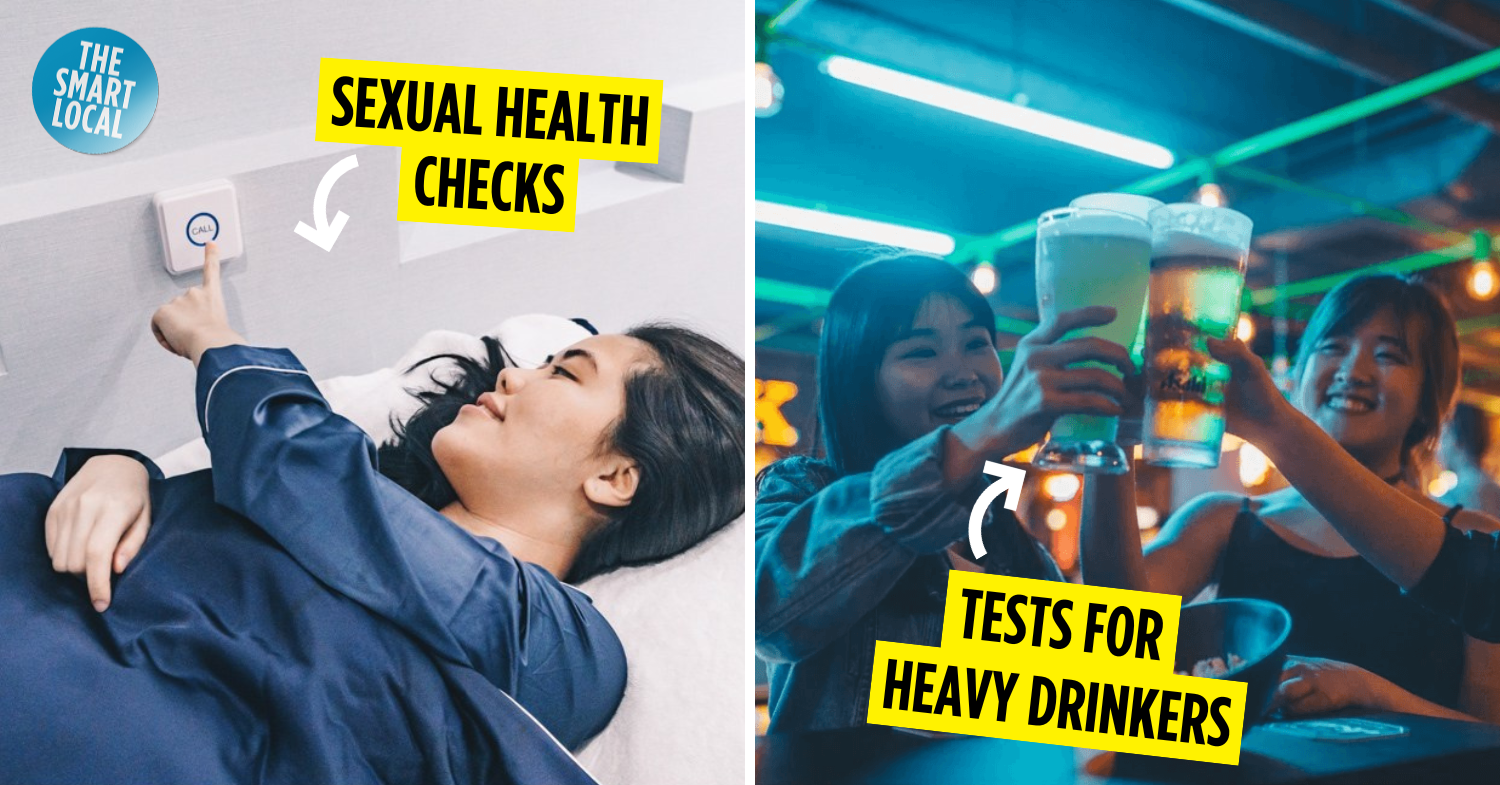Important health check ups for Singaporeans
As we grow older, it’s on us to make sure our health is in check. But to anyone without a medical degree, the world of doctors, hospitals and health check ups can be straight-up confusing. We usually don’t know which medical tests are necessary, and even worse, when they’re necessary, until it’s too late.
To help you out, we’ve compiled various important medical tests that we’ll all need at some point in our lives, based on information from Parkway Shenton medical group. These are grouped according to age, so you’ll know if you, your parents or your grandparents may be due for a checkup.
Table of Contents
- Important health check ups for Singaporeans
- Are regular health check ups necessary?
- Breakdown of health check ups & their respective benefits
- 1. Blood investigations
- 2. Pap smear
- 3. Liver function tests
- 4. Kidney function test
- 5. Mammogram
- 6. Treadmill test (Stress ECG)
- 7. Prostate tumour marker & ultrasound
- 8. Eye checks
- 9. Thyroid Function blood test
- 10. Bone mineral density test
- 11. Nasoendoscopy
- 12. Uroflowmetry & bladder scan
- 13. Colonoscopy & stool occult blood test
Are regular health check ups necessary?
Not only are regular health check ups necessary, they can also save your life. We’re used to only treating symptoms but chronic illnesses like diabetes and high blood pressure begin way earlier – weeks and sometimes months – before obvious health warning signs appear. That’s why chronic illnesses are often called “silent killers”.
As always, prevention is better than the long, painful road to a cure, and the best way to do that is to go for regular health check ups. But this doesn’t mean you need to get your body checked every month, annually or biennially will do. Of course, if you feel sick between these intervals, definitely get it checked out.
If you have a CHAS Card, you can even get a health screening for $5 or less. Check out our guide on CHAS Card perks for more information.
Breakdown of health check ups & their respective benefits
| Health check up | Purpose | Suitable for: | Age range |
| Blood investigations | Sexually transmitted diseases, cholesterol levels, and any body deficiencies | General population | 20s-30s |
| Pap smear | Cervical cancer and HPV | Women who are sexually active | |
| Liver function test | Alcohol-related problems that affect the liver | Anyone who drinks, especially those who do so regularly | |
| Kidney function test | Kidney disease | Those already suffering from high blood pressure, obesity, or diabetes | |
| Mammogram | Breast cancer | Women | 40s-50s |
| Treadmill test | Risk of heart or coronary artery disease | Those with a family history of heart problems or experiencing chest pain and shortness of breath | |
| Prostate tumour marker & ultrasound | Prostate cancer | Men who smoke regularly and have had family history of prostate cancer, and those who have difficulty urinating. | |
| Eye checks | Glaucoma | Those who are gradually losing their peripheral vision or have increasingly blurry vision | |
| Thyroid function blood test | Hyperthyroidism or hypothyroidism | Women who have experienced drastic weight loss, anxiety attacks, and bowel issues. | |
| Bone mineral density test | Osteoporosis | Elderly | 50s and above |
| Nasoendoscopy | Sleep apnea, nose, and throat issues. May even detect nose or throat cancer | Those who have difficulty swallowing or sleeping | |
| Uroflowmetry & bladder scan | Urinary tract infection or prostate enlargement | Anyone experiencing pain when urinating | |
| Colonoscopy & stool occult blood test | Colon cancer | Those with a family history of the condition or experiencing hard stools and abdominal pain |
– 20s to 30s –
1. Blood investigations
To screen for sexually transmitted infections

Blood is the basic unit of life, and a blood investigation can reveal more than you think. For those worried about sexual health, many sexually transmitted diseases (STDs) such as herpes, gonorrhea and chlamydia can be detected with a blood test.
Additionally, blood investigations are also used to check your cholesterol profile which can determine your risk of heart diseases and tell you whether it’s time to cut down on the fried foods. Meanwhile, a routine blood count checks the levels of everything from haemoglobin to platelets to see if there are any deficiencies, infections or cancer.
2. Pap smear
For women who are sexually active
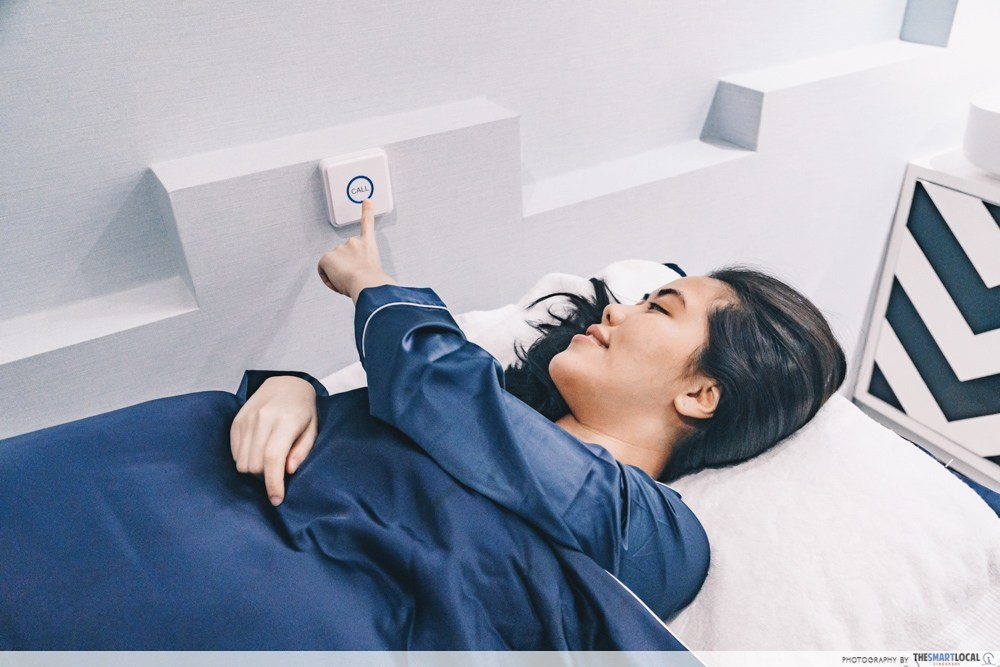
A pap smear is kind of like a rite of passage for every woman above the age of 21 as it’s used to detect cervical cancer, the 10th most common cancer among women in Singapore. It’s recommended for all women above the age of 25 once every 3 years, especially those who are sexually active.
At the age of 30 onwards, you should also combine pap smears with a human papillomavirus (HPV) test every 5 years even if you’ve been vaccinated before. For those unaware, HPV is a sexually transmitted virus that is a known cause of cervical cancer, and can be contracted even via skin contact.
3. Liver function tests
For those who drink a lot of alcohol
 There’s nothing wrong with indulging in alcohol to counter the stress of adulting, but too much too often and your liver will suffer the consequences. Alcohol-related problems like hepatitis, fatty liver disease and cirrhosis can severely damage the body’s largest internal organ.
There’s nothing wrong with indulging in alcohol to counter the stress of adulting, but too much too often and your liver will suffer the consequences. Alcohol-related problems like hepatitis, fatty liver disease and cirrhosis can severely damage the body’s largest internal organ.
To determine whether treatment or lifestyle changes are needed, a liver function test or abdominal ultrasound is important to check the state of your liver, especially if you frequently consume alcohol.
4. Kidney function test
For those with pre-existing health issues
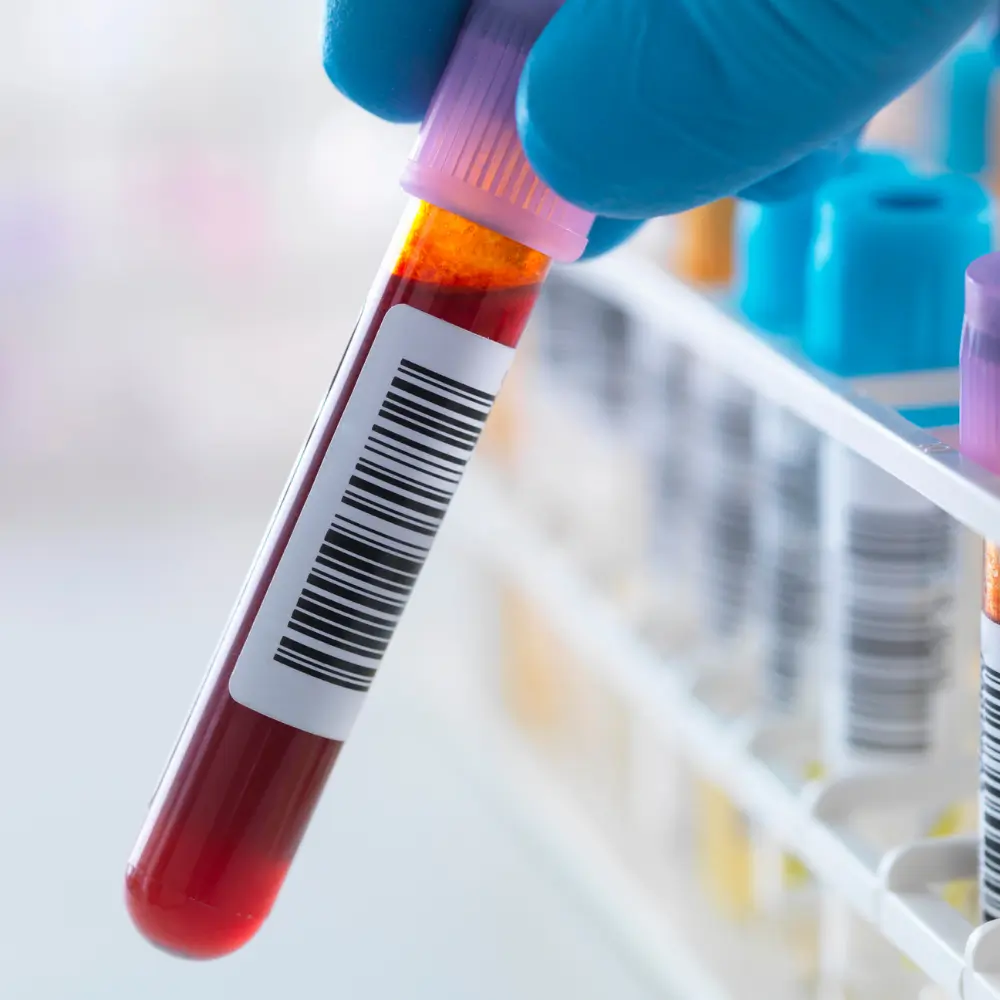
Image credit: Walk-In Clinic
Those who recall their O-Level Biology will know that the kidney is a jack-of-all-trades organ that cleans our blood, secretes essential hormones and regulates blood pressure. So seeing how important it is, a kidney function test can let you know whether everything is working properly. After all, early detection is key.
Painful urination or swelling feet and hands are just a few of the symptoms of kidney disease. And those who already suffer from high blood pressure, obesity or diabetes are especially vulnerable too.
– 40s to 50s –
5. Mammogram
To check for breast cancer
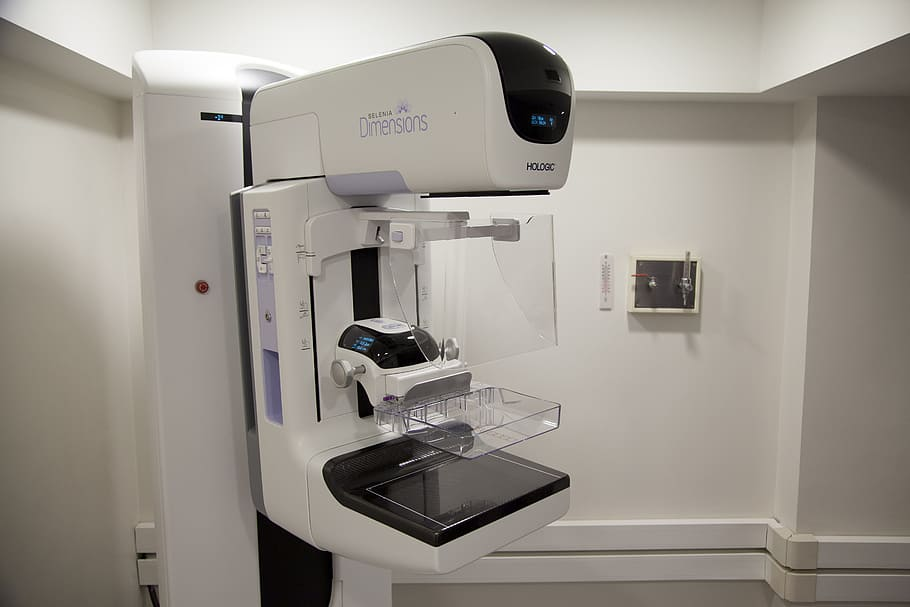
A mammogram machine.
Image credit: Wallpaper Flare
Breast cancer is the most common form of cancer Singaporean women face, with roughly 1 in 16 developing it at some point in their lives. But the good news is, the earlier it’s detected, the higher your chances are for recovery.
A mammogram – an x-ray imaging of the breast – is typically used to detect breast cancer. According to Health Hub, healthy women from 40-49 years old should go for annual screenings, while those above 50 should go bi-annually.
6. Treadmill test (Stress ECG)
To detect heart diseases
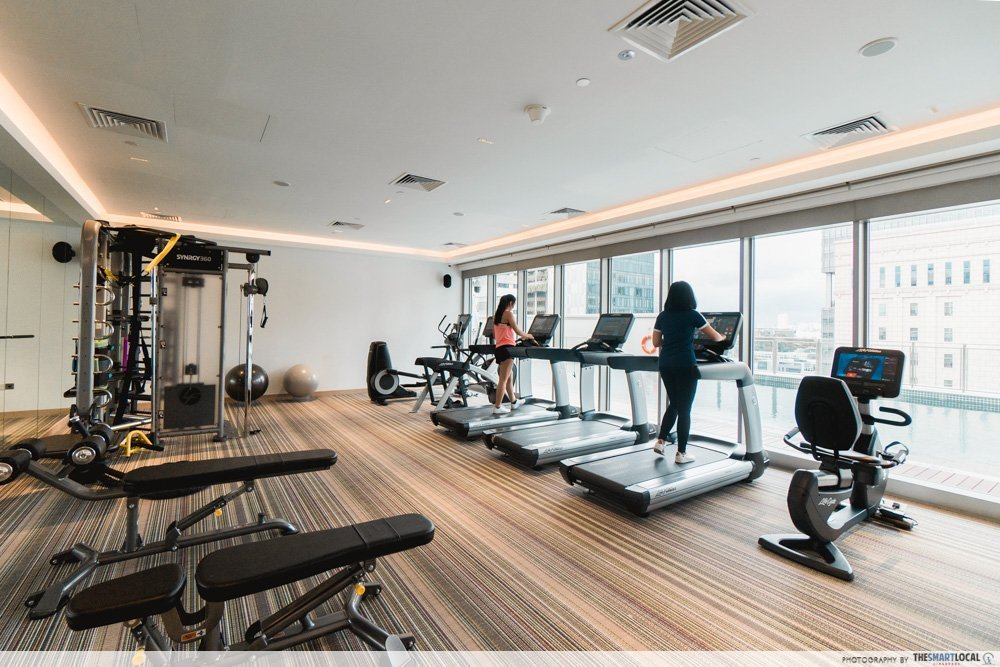
Picture a scene in a movie where the main character’s strapped up to a treadmill via a web of wires. Well, that’s what a treadmill test (stress ECG) looks like, where a doctor will monitor your heart functions and blood pressure while you’re exercising.
It’s a simple test, but it can detect your risk for heart diseases, coronary artery disease, or any issues with blood flow if your heart rhythms are abnormal. It should be done for those who have family members with a history of heart problems or if you’ve experienced symptoms like chest pain or shortness of breath out of the blue.
7. Prostate tumour marker & ultrasound
To test for prostate cancer
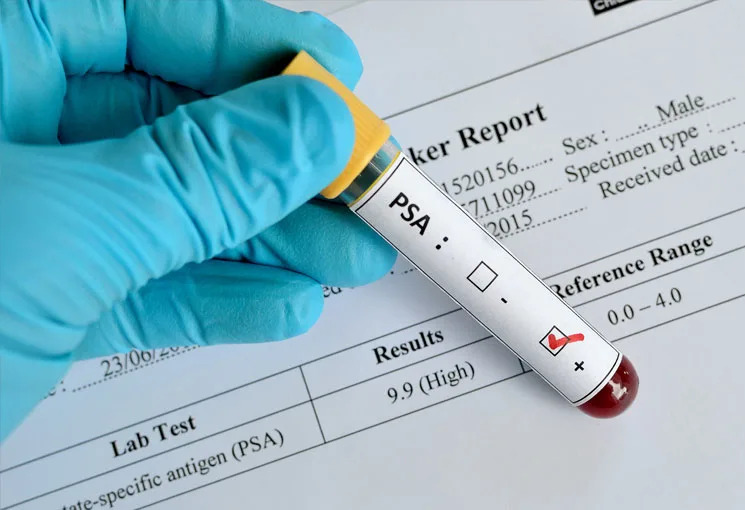
Image credit: Metropolis Healthcare
According to data from the Singapore Cancer Registry, prostate cancer is the 3rd most common cancer Singaporean men face. Be on the lookout for early symptoms including difficulty urinating, an interrupted urine flow or even urinating blood – not a sight you want to see in the morning.
It’s more commonly diagnosed among smokers and men aged above 50, and you’ll be considered high risk if any immediate family members were previously diagnosed. In such cases, you might be advised to do a prostate tumour marker blood test or a prostate ultrasound for a more thorough internal check.
8. Eye checks
To check for glaucoma
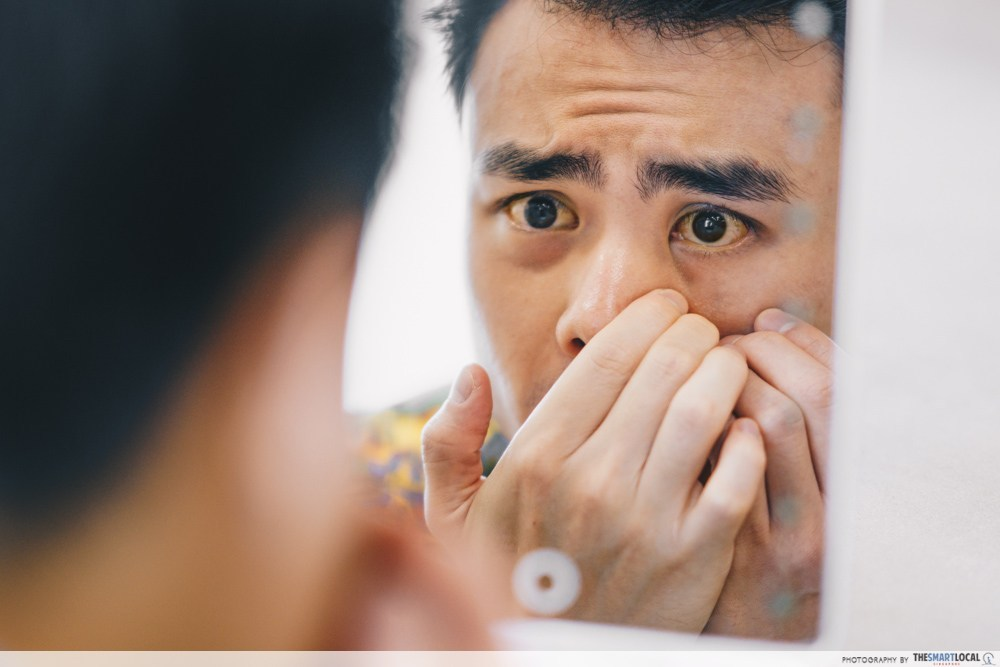
Your usual visit to the optometrist will probably be for worsening eyesight or to get new spectacles, but there are also more serious eye checks you might want to consider. One such test is tonometry which can determine whether you’re developing glaucoma, a condition that can gradually lead to blindness.
As scary as it sounds, only about 3% of Singaporeans aged above 40 are affected, and the disease can be managed if detected early. Some of the early onset symptoms include a gradual loss of peripheral vision or increasingly blurred vision that should send you straight for a checkup.
9. Thyroid Function blood test
To detect for hyperthyroidism or hypothyroidism
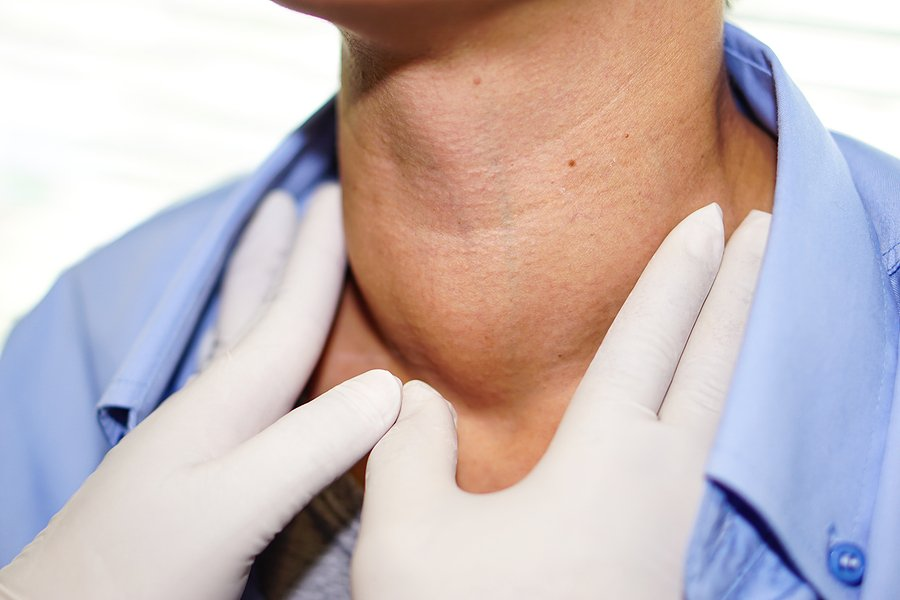
Image credit: Homage
Around 1 in 10 people in Singapore suffer from thyroid disorders, such as hypothyroidism or hyperthyroidism. Women are also 5 times more likely to develop them. It all starts from a hormonal imbalance in the thyroid, which can be detected early through a Thyroid Function Test, a series of blood tests.
Some symptoms to look out for are anxiety attacks, drastic weight loss, frequent trips to the toilet, and feeling weak in daily activities.
The worst case scenario, if left untreated, is that you might have to remove the entire thyroid gland and rely on pills to control your body’s hormone production for the rest of your life. The thyroid gland in the throat is shaped like a butterfly but will definitely sting more than a bee would if it’s inflamed and left untreated.
– 50s & above –
10. Bone mineral density test
To check for osteoporosis
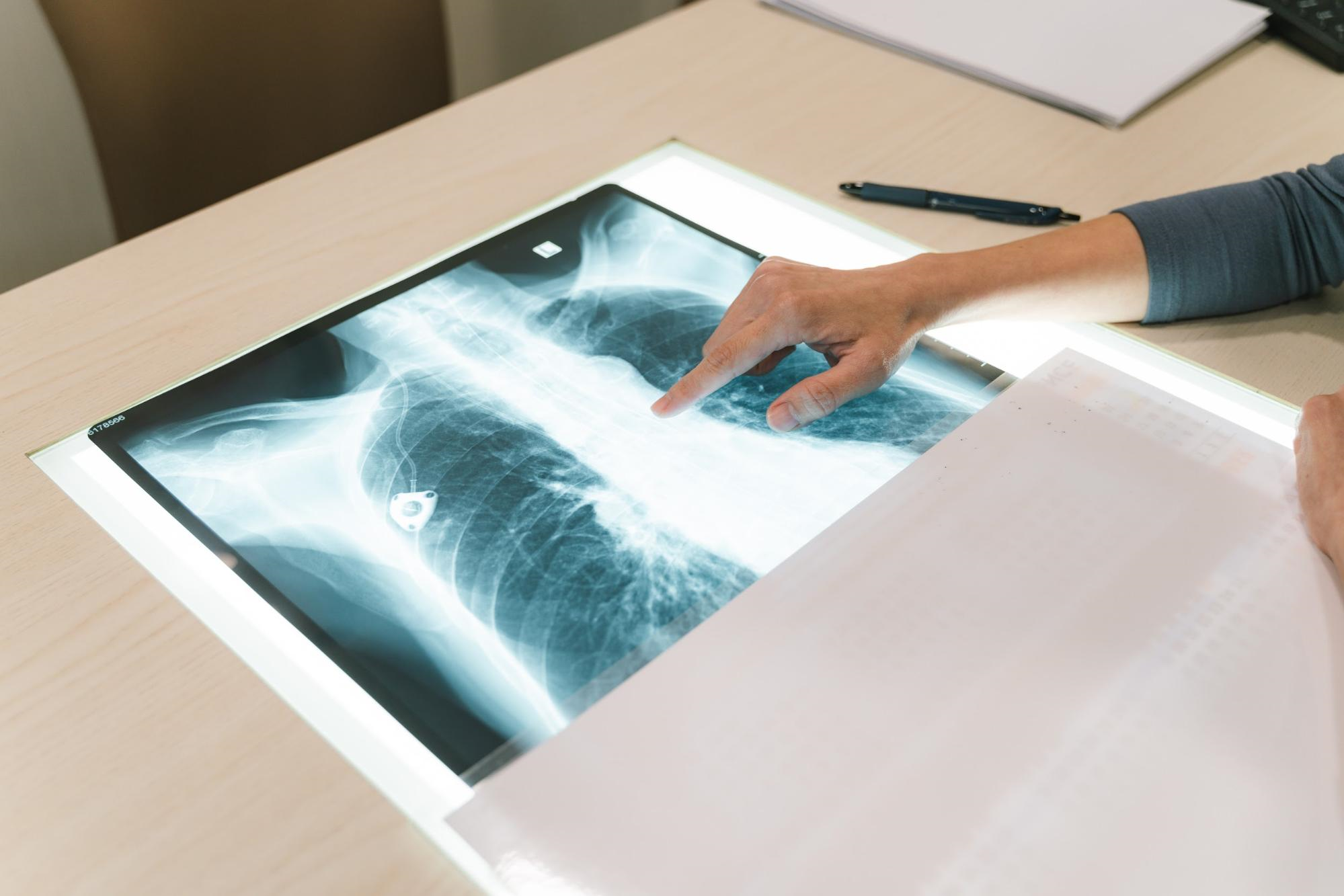
Image credit: Parkway Shenton
Often coined as the “silent disease”, osteoporosis occurs when the bones in your body lose density, becoming weaker and more brittle to the point of breaking. The elderly are especially at higher risk due to lower activity and poorer health, so this is something you’ll want to take note of for your parents or grandparents.
Since osteoporosis symptoms are invisible, a bone mineral density test is needed once every 2-3 years. If a diagnosis is confirmed, calcium supplements and some lifestyle changes such as regular exercise can prevent the condition from getting worse.
11. Nasoendoscopy
For sleep apnea, throat and nose issues
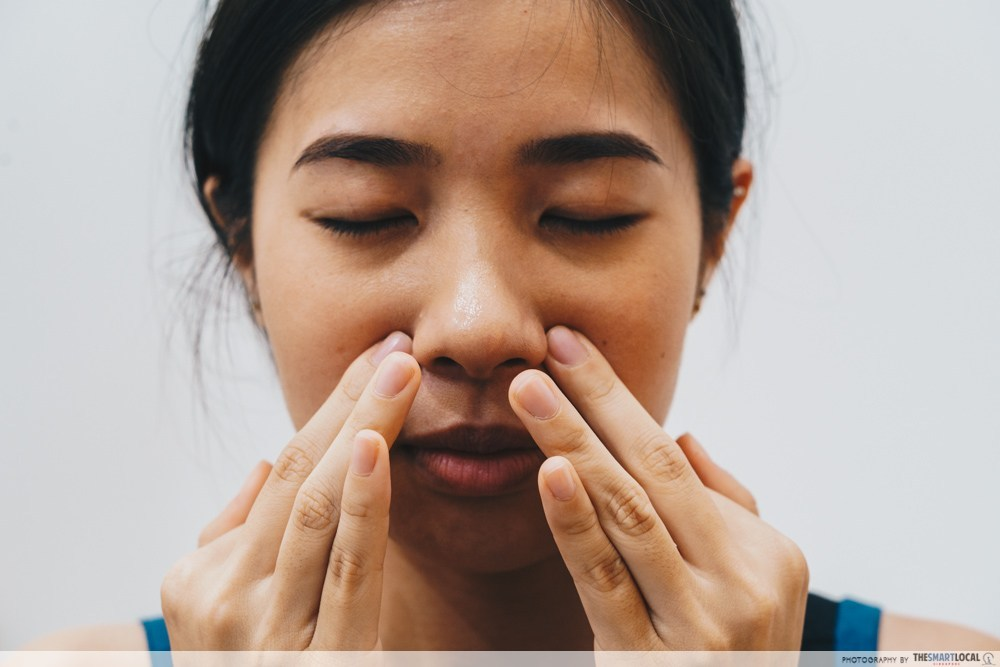
The body experiences its fair share of wear and tear as we age, and the throat and nose are not spared. Problems like dysphagia which is difficulty swallowing, or sleep apnea which gives you breathing troubles while sleeping, can be obstructive to your daily life.
So if your grandparents are experiencing any of the issues above or anything related to the nose, throat or mouth, they may opt for a nasoendoscopy. In some cases, it might even detect nose or throat cancer.
12. Uroflowmetry & bladder scan
For a bladder health check up
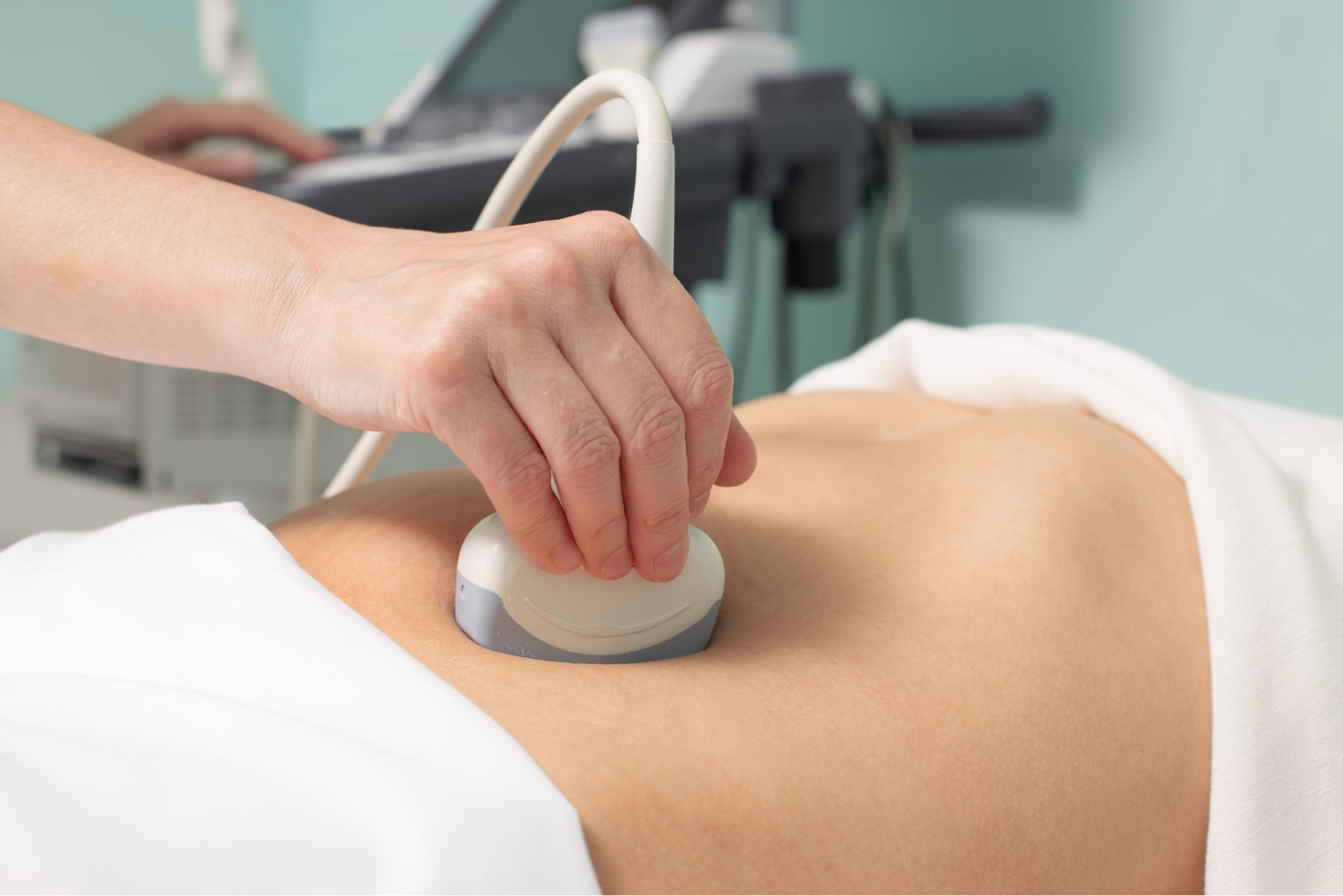 Image credit: AARE Urocare
Image credit: AARE Urocare
Experiencing pain while urinating is never a good sign. If the issue is persistent, it could be due to a urinary tract infection for both men and women or prostate enlargement for men – both of which become more common with age. It can also lead to kidney stones down the line.
Via a uroflowmetry and bladder scan, doctors will be able to conduct a comprehensive test on the bladder to measure urine flow, volume and speed to determine its health status.
13. Colonoscopy & stool occult blood test
To check for colon cancer
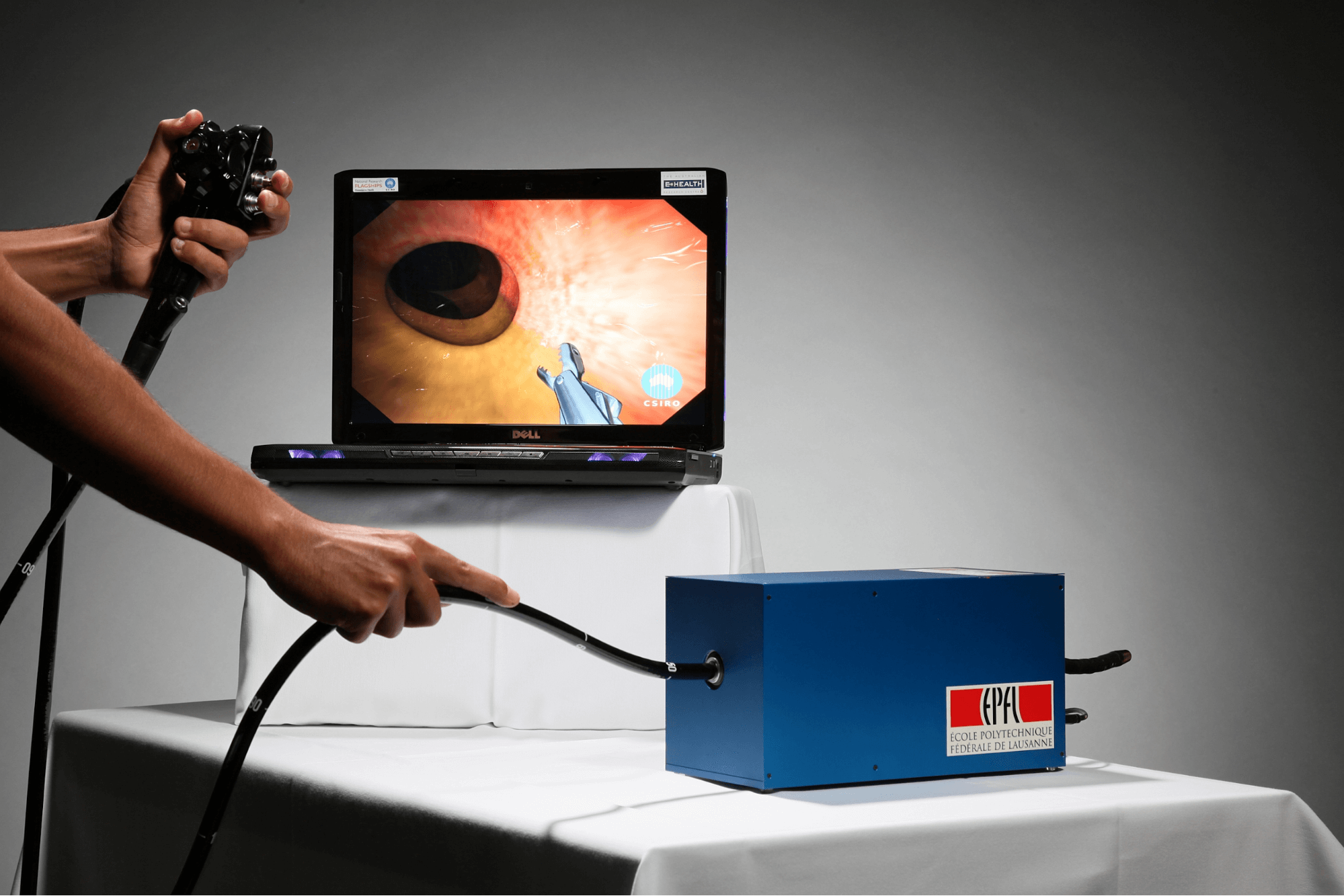
Image credit: Wikimedia Commons
Once one reaches that half-centennial of age, it’s time to start screening for colon cancer, which happens to be the most common form of potentially fatal cancers in Singapore. It’s unfortunate but as we grow older, we’re more prone to obesity and a sedentary lifestyle, both of which can contribute to the disease.
A non-invasive test is a stool occult blood test, where the patient will have to provide a faecal sample via a home test kit. The second test is a colonoscopy which allows doctors to assess the internals of the colon.
If your family members have a history of colon cancer, or if your elderly relatives are experiencing early symptoms like rectal bleeding and abdominal pain, schedule an appointment for them, stat.
Health check ups you need to get as you age
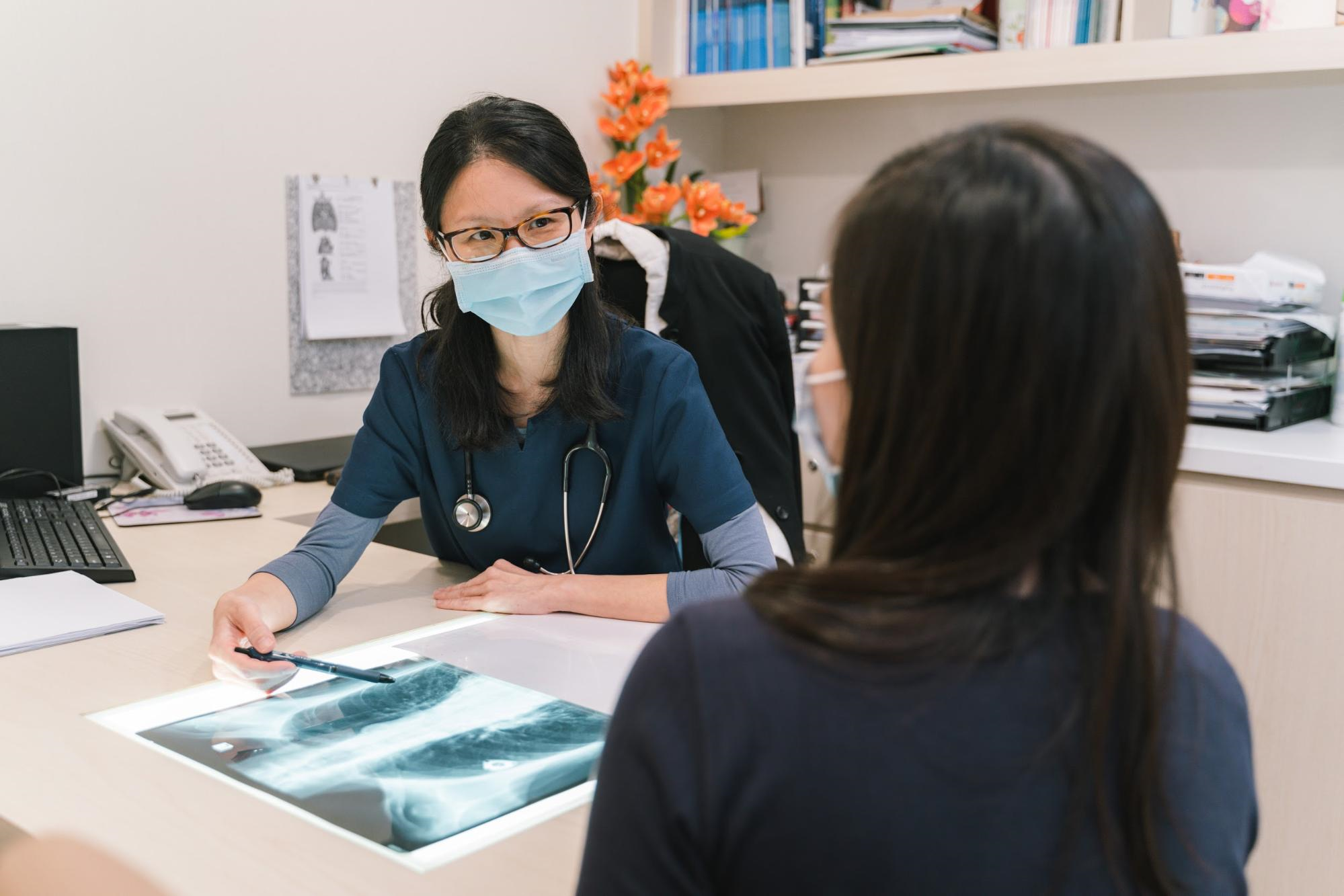 Image credit: Parkway Shenton
Image credit: Parkway Shenton
For many of us, health check ups may not be at the forefront of our minds, but preventive screening from young can be lifesavers especially when it comes to early detection of common diseases. Common issues like high blood pressure, high cholesterol and diabetes can lie silent for a few years before causing serious complications like heart problems.
If you’re unsure where to start, check out Parkway Shenton’s Executive Health Screening (EHS) packages. They have specifically-tailored tests that take factors such as your age, demographic, family history and pre-existing conditions into account.
Younger folks between the ages of 20-40 can opt for the more basic Classic screening, which includes tests for diabetes, autoimmune diseases and checks on your vitals like liver and kidneys.
For older folks above 40 or those with pre-existing conditions, opt for more sophisticated screenings such as the Premier and Prestige packages that cover more comprehensive tests. These include full blood and vital signs tests, as well as tumour and bone density screenings which are suitable for both men and women. Additional add-on tests for the digestive system and allergies are available too.
Each of the 7 different screening packages will come with a detailed report that also includes customised lifestyle suggestions. Note that they recommend the health check ups once yearly for healthy individuals without any medical history. That way, you can detect any potential common diseases early on or simply have a peace of mind knowing you’re healthy.
Find out more on Parkway Shenton’s Executive Health Screening packages
This post was brought to you by Parkway Shenton.
Originally published on 20th July 2020. Last updated by Syahiran Sean on 6th July 2024.
